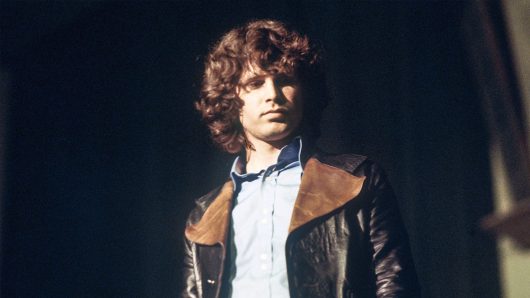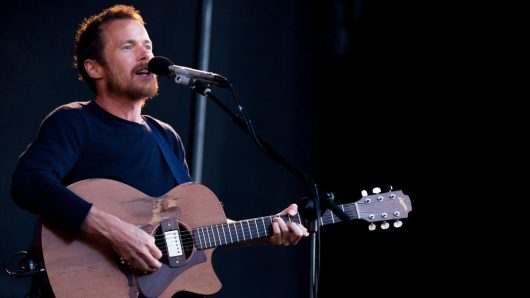Powerful and poetic, The Doors were one of the bands that defined the 60s. In Jim Morrison, they had one of rock’s sexiest and most charismatic frontmen, but while he was also an exceptionally gifted wordsmith, The Doors were the very embodiment of a democracy, with keyboardist Ray Manzarek, guitarist Robby Krieger and drummer John Densmore all making significant contributions to the band’s distinctive sound. Though primarily a pop-rock outfit tinged with psychedelia, The Doors’ music was also informed by elements of jazz and blues, and was streaked with an otherworldliness that was all their own. Great tracks jostle for position on all six of their studio albums, and the time to hesitate is through – we’ve finally settled on the 20 best Doors songs…
Listen to the best of The Doors here, and check out our best Doors songs, below.
20: Shaman’s Blues (from ‘The Soft Parade’, 1969)
Released in the summer of 1969, The Doors’ fourth album, The Soft Parade, is widely regarded as a troubled entry in the iconic Los Angeles outfit’s bounteous discography. Though some of its tracks buckle under the weight of strings, horns and fussy embellishments, it nevertheless has its moments. Notably leaner, hungrier and stripped-back than much of the record, Shaman’s Blues is an outstanding cut, with Jim Morrison’s ominous lyric (“Did you ever stop to consider how it will feel?/Cold grinding grizzly-bear jaws hot on your heels”) perfectly matched by the jazzy yet menacing sweep of the music




